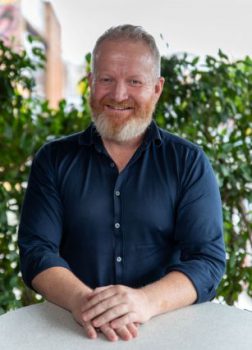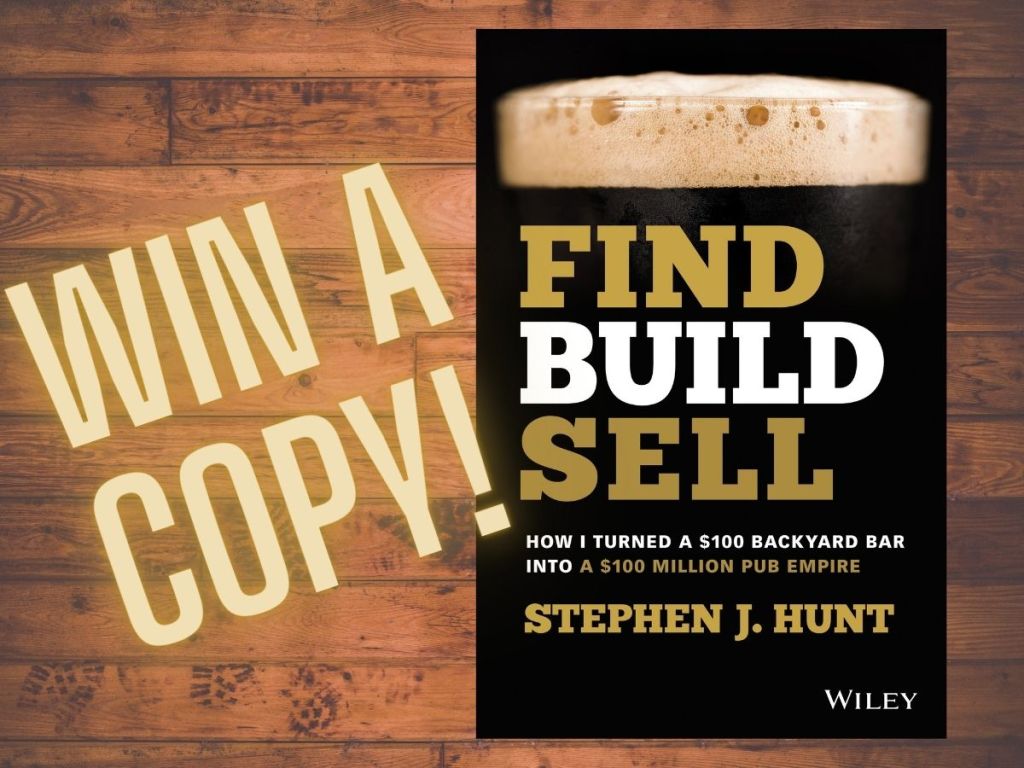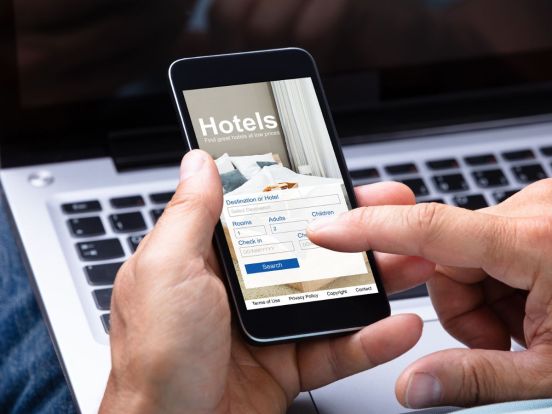How ADHD helped me build a $100 million dollar business in just seven years, by Stephen J Hunt
For many years I struggled with a debilitating condition called ADHD. For those not familiar with the condition, it manifests itself in a variety of ways including being disorganised, engaging in impulsive behaviour and becoming easily agitated.
The trouble was, I didn’t know I had the condition until a few years ago. Once I was diagnosed, it helped me understand myself and why I had so much energy on some days, and so little on other days.
Here’s a few tips on how I harnessed my energy to get things done and turned what many would consider a disability into an asset.
- Create systems
Everyone in the hospitality sector knows that we work on razor thin margins. As a result, I’ve learnt how to maximise every resource under my control to increase our profits. Having ADHD meant I needed to implement systems that would enable everyone to work efficiently and consistently without me overseeing everything and everyone.
The systems I created that help keep things on track include:
• Using real time data to drive decision making: You can’t make quick decisions unless you know exactly what’s going on in your business at every moment. Giving staff access to real time reports lets us know immediately what is selling and what isn’t, and what actions to take to maximise profits or minimise losses.
• Creating dashboards: Putting that data into a format everyone can understand and utilise is critical. Our dashboards make our reports easy to read and simple to access which means they get looked at and actioned.
• Efficient meeting protocols: Meetings are often a time waster so we have clear instructions on how they are run. Having a strict agenda, adhering to a timeframe, appointing a chair, assigning responsibilities and ensuring tasks get done are all part of that.
• Conducting pre-mortems: Before we make any decision, we conduct a premortem. It’s a meeting with all relevant stakeholders that brainstorms and predicts what may go wrong before it goes wrong. We then create a plan to mitigate the risk and look at the ‘worst case’ scenario so that if or when it happens it’s no surprise, we have plans in place and can act quickly.
- Do your due diligence
As an energetic, undiagnosed ADHD kid, my parents were forever telling me to ‘sit still’, ‘pay attention’, and ‘do your homework!’ If they could see me now, they’d be so pleased to know that I now excel at doing my homework. I just call it something else: due diligence, and whether you’re studying for school exams or buying a business, you need to do it.
If you’re buying a business, or investing in one, it means asking for information about that business so that you can make an informed decision about whether you’ll buy or invest in it. Don’t move a muscle until you have a copy of their Information Memorandum of Business Plan. - Beware of unwarranted optimism
It’s amazing how little research some business owners conduct before they enter into a major purchase. There’s a coffee shop near me that has changed hands around five times in five years, and every time it fails, a new operator comes in and opens up… a coffee shop! What haven’t they recognised? Unless they plan to do something extraordinarily different (they don’t) they can expect to get the same result (they do) which is to fail.
These operators have an unwarranted sense of optimism about the future without instigating or installing any new structures or systems that would deliver a different outcome. (That’s why we always engage in a pre-mortem before we make any major decision.) - Have a meal with potential recruits
A job interview across a desk rarely reveals a person’s character. Having a meal with them does. Eating is an activity that subconsciously reveals a great deal about a person. For example, I take note of how they use the cutlery. I don’t personally care how they hold their knife or fork, but the way they use the cutlery tells me volumes about their education, upbringing, demographic and more.
Having a meal also helps me observe how they interact with the people. For example, are they polite and respectful to the wait staff, or are they dismissive, aloof and cold? Do they make eye contact with others and smile, or do they keep to themselves and speak only when spoken to? Pubs are nothing if not about team work. Observing how someone interacts with others tells me how well they will operate when they join the team.
Living with ADHD has not been all plain sailing. It is a life-long condition and still requires constant vigilance. Sometimes it’s just a matter of saying, ‘you know what, I’m having a bad day and I am not going to make any major decisions right now.’
But what I’ve learnt is that it’s not what happens to us, it’s how we deal with it. I’ve put in strategies that have helped me harness the wild swings in energy and minimise the downswings that inevitably follow. I hope the strategies I’ve put forward here help you benefit from my experience, so that you can grow your business and maximise the talents and energy that you have.

Stephen J. Hunt, author of Find. Build. Sell. (Wiley $29.95), is the founder of Hunt Hospitality and a leading publican with a portfolio of properties valued at over $100 million dollars.
Win a copy for yourself, by entering the giveaway on our Facebook and Instagram pages. Good luck!








